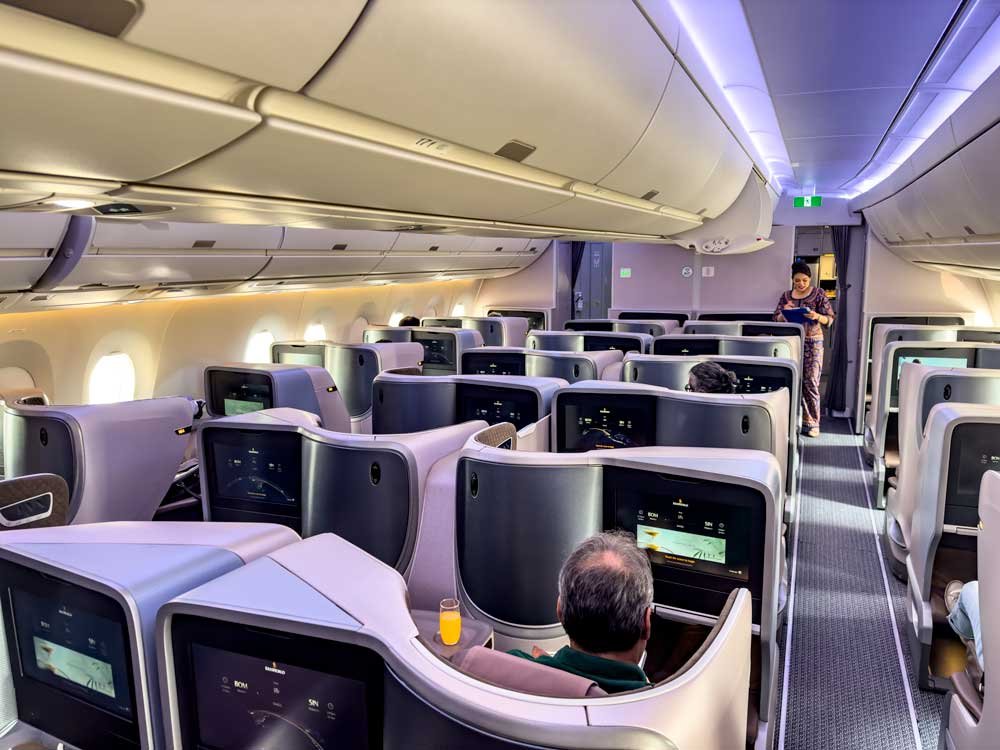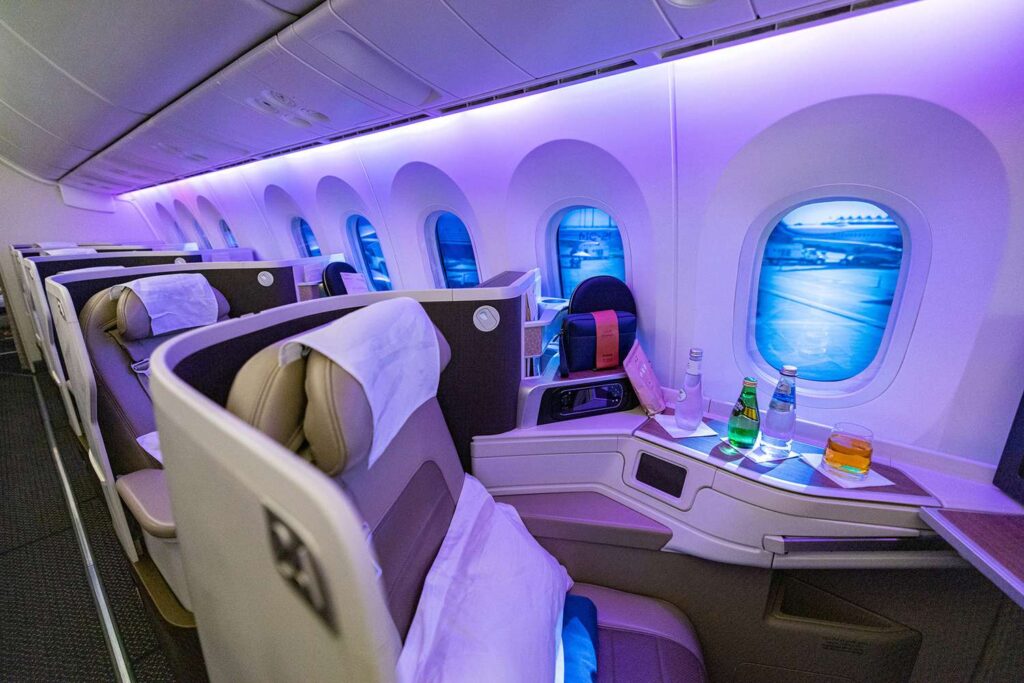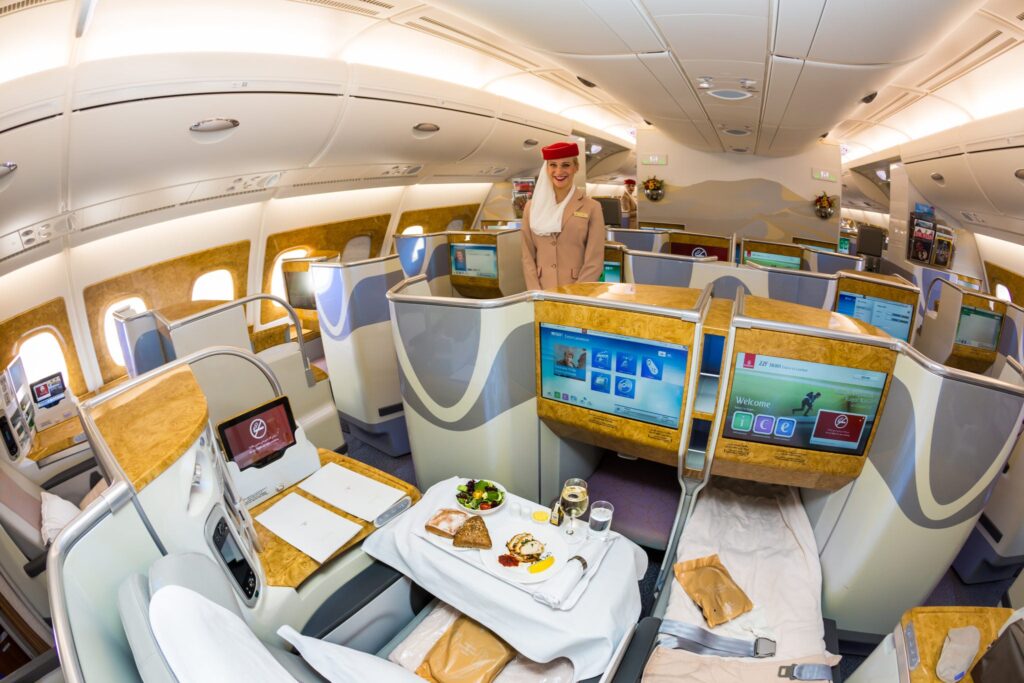This website uses cookies so that we can provide you with the best user experience possible. Cookie information is stored in your browser and performs functions such as recognising you when you return to our website and helping our team to understand which sections of the website you find most interesting and useful.

Business Travel: How to Choose the Right Airplane
Choosing the right airplane for business travel is a critical decision that can impact cost, comfort, efficiency, and overall travel experience. Whether you’re chartering a flight, leasing, or purchasing an aircraft, understanding the factors involved in selecting the best plane for your needs is essential. This blog post will explore key considerations in choosing an airplane for business travel, including aircraft types, cost considerations, comfort features, and operational efficiency.
Understanding Aircraft Types
Private Jets
Private jets are often the go-to choice for business travelers seeking luxury, convenience, and privacy. They range from light jets suitable for short-haul trips to large jets capable of transcontinental flights. Private jets offer flexible scheduling and direct routes, saving valuable time.
Commercial Airlines
For businesses with budget constraints or less frequent travel needs, commercial airlines provide a cost-effective option. Many airlines offer premium cabins with enhanced services and amenities tailored for business travelers, such as lie-flat seats and dedicated lounges.
Turbo Props and Light Aircraft
Turbo props and light aircraft are suitable for shorter trips and can access smaller airports that larger jets cannot. They are more economical in terms of fuel consumption and operating costs, making them a practical choice for regional travel.
Purchase vs. Lease
Deciding whether to purchase or lease an aircraft depends on the frequency of travel and budget. Purchasing provides long-term control and potential tax benefits but involves high upfront costs and ongoing maintenance. Leasing offers flexibility and lower initial investment but may come with restrictions on usage and customization.

Cost Considerations
Operational Costs
Beyond the acquisition cost, consider operational expenses such as fuel, maintenance, crew salaries, insurance, and hangar fees. These costs can vary significantly depending on the type and size of the aircraft, as well as the frequency of use.
Depreciation and Resale Value
Aircraft depreciate over time, so it’s important to consider the potential resale value. Some models retain their value better than others due to demand, brand reputation, and maintenance records. Understanding depreciation trends can help in making a financially sound decision.

Comfort and Amenities
Cabin Space and Layout
The layout and space of the cabin are crucial for ensuring comfort during flights, especially on long-haul trips. Look for aircraft with spacious cabins, comfortable seating arrangements, and amenities such as conference tables, beds, and entertainment systems.
In-Flight Services
Consider the in-flight services and amenities that cater to business needs. High-speed internet, satellite phone, and advanced entertainment options can enhance productivity and comfort during travel. Some private jets offer bespoke catering and personalized service to meet specific requirements.
Noise Levels and Climate Control
Noise levels and climate control are important factors affecting in-flight comfort. Aircraft with advanced noise reduction technology and efficient climate control systems provide a quieter and more comfortable environment, allowing travelers to work or relax without disturbance.
